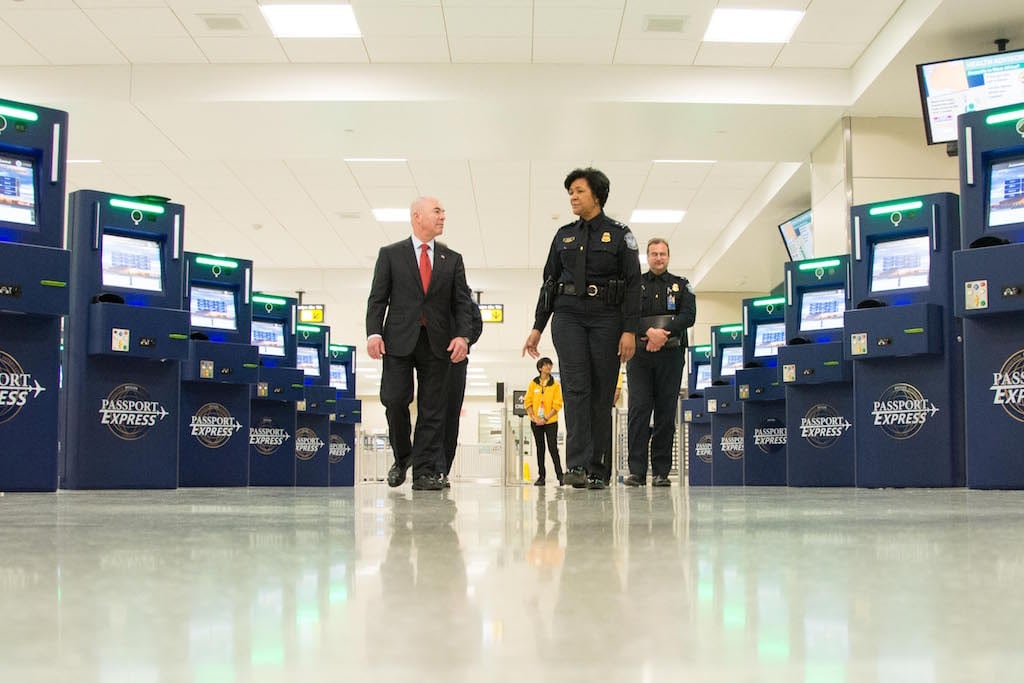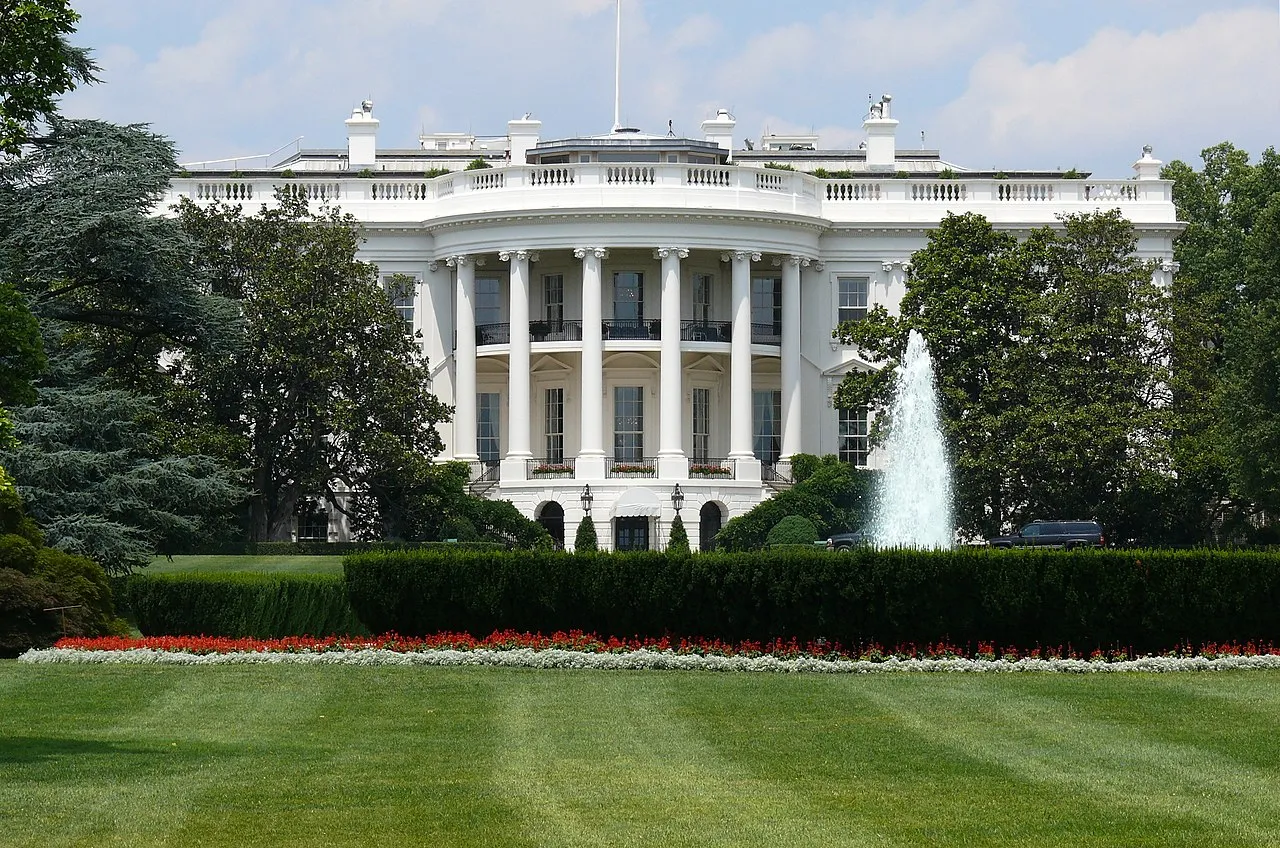The TSA Wants 25 Million Americans Enrolled in TSA Precheck

Skift Take
The Transportation Security Administration (TSA) is looking to increase TSA Precheck and Global Entry membership from five million to a combined 25 million in coming years, but faces the challenge of finding ways to encourage frequent travelers to enroll without a large marketing budget to spend on advertising.
The TSA, instead of marketing to consumers through traditional means, is building partnerships with airlines, hotel chains, credit card providers, corporate travel managers and other industry players to help offset the cost of the Precheck application and popularize the program's adoption among frequent travelers.
"We’ve approached [many companies] from a partnership perspective asking them to push out TSA Precheck content to their people, and even though they're not tied directly to the airport experience, they recognize a good airport experience for the passenger beenfits all of them," said David Lim, executive advisor to the TSA's office of the chief risk officer. Lim previously spent 12 years with Amtrak, helping to launch and popularize the Acela brand.
Many industry stakeholders have already contributed to increased membership in Precheck, which requires filling out an online questionnaire followed by a short consultation at a TSA office involving an interview and fingerprinting.
A common sticking point for travelers is the $85 fee associated with the application, since frequent business travelers want their employer to pay for the service
American Express has been reimbursing cardholder application fees since 2014, according to Lim, and Sabre has pushed TSA program material to travel agents using its various distribution systems.
Loyalty programs, especially those offering credit cards, were the first to pay for users to join TSA Precheck. United's Milage Plus members, for instance, were sent emails advertising TSA Precheck.
"Anyone in a loyalty program is a better target than someone who’s not," said Lim. "Travel companies already know the value of the program, because they've already reimbursed their best clients. [Loyalty program perks] promise a seamless travel experience, but that gets blunted with a problem at the security checkpoint."
The organization's attempts to introduce random flyers to the speediness of the Precheck lanes using a Managed Inclusion policy has served to confuse many travelers. Its main message to companies is that inclusion in Precheck ends up saving money and preventing stress over time.
"Productivity is clearly a benefit; we hope that other travel managers look at that more closely," said Lim. "[Corporate] travel managers look at it as an expense, but this is really about getting the most value-- just not in a way that is totally measurable."
But wouldn't 25 million enrollees make the Precheck lines more crowded, essentially eliminating the efficiency of the program? Lim says no.
"Think about the current four-lane checkpoint with one Precheck," said Lim. "In a future state, it will look like three lanes of Precheck and one standard lane. What that means is your experience wont diminish, we’ll just staff accordingly."
A final issue the organization faces is merely allowing people to apply, because an in-person consultation is required. It plans on contracting with several private companies to run Precheck offices around the country, making it simpler for travelers in more remote locations to sign up.
The TSA should sign a deal with private contractors by mid-2016 to open more screening locations sometime in 2017, according to Lim.




